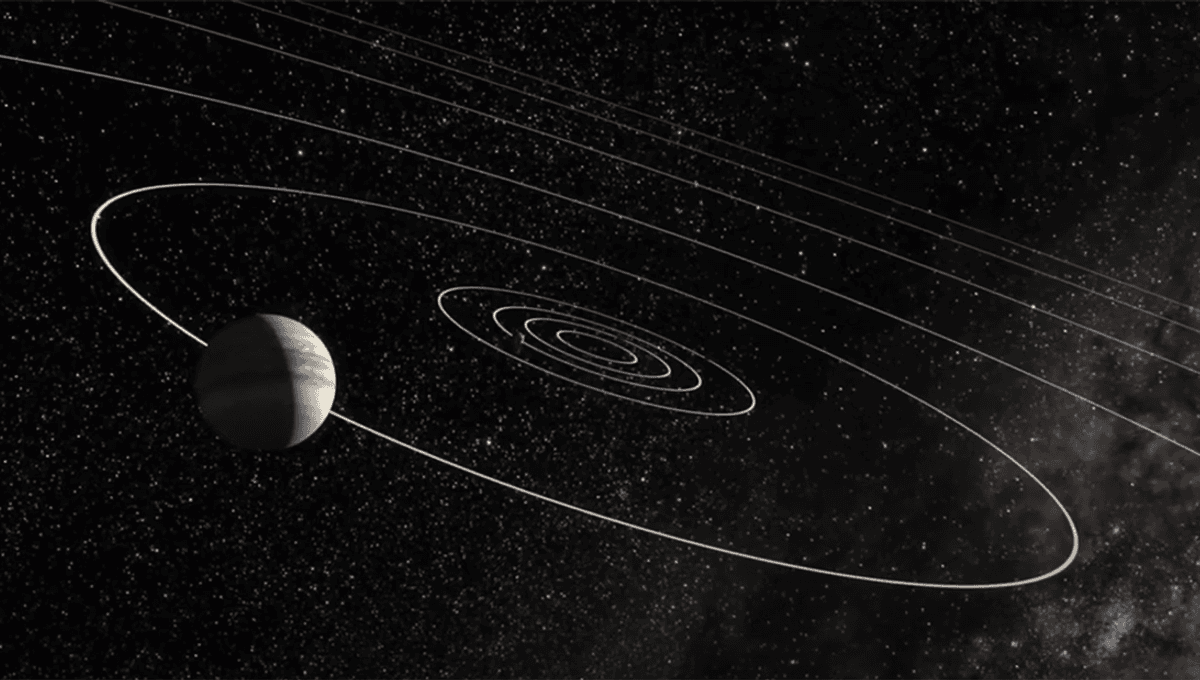
Our Sun is currently around the mid-point of its existence, constantly creating energy (and helium) by fusing hydrogen atoms within its core.
As the supply of hydrogen in their cores are depleted, stars like our Sun begin their red giant phase.
“In about 5 billion years, the Sun will start to run out of hydrogen in its core to fuse, and it will begin to collapse,” NASA explains. “This will let the Sun start to fuse heavier elements in the core, along with fusing hydrogen in a shell wrapped around the core. When this happens, the Sun’s temperature will increase, and the outer layers of the Sun’s atmosphere will expand so far out into space that they’ll engulf Earth.”
This phase will last about a billion years, before it depletes its fuse-able materials and sheds its outer layers, leaving a tiny white dwarf about half the mass of the Sun, and around the size of the Earth.
The Sun is simply too small to form a black hole, but what would happen if it did?
People might assume that, were the Sun to be replaced by a black hole, the Earth would be doomed to fall towards it. Black holes are objects with a gravitational force so strong that not even light can escape their event horizons. They sit there and suck in material around them – largely gas and dust – growing as they do so.
It’s natural to assume that were the Sun to suddenly become a black hole, nothing would escape. But black holes do not possess a gravitational force beyond that created by their mass; their immense gravitational pull emerges from the fact they were created by gigantic stars with enormous masses collapsing in on themselves. If the Sun were to turn into a black hole (it won’t) it would have the same mass as our Sun.
“Contrary to popular myth, a black hole is not a cosmic vacuum cleaner,” NASA explains. “If our Sun was suddenly replaced with a black hole of the same mass, Earth’s orbit around the Sun would be unchanged.”
Other than our old reliable orbit, of course, everything else would change quite quickly. The Sun, currently around 700,000 kilometers (435,000 miles) in radius, would shrink down to just 3 kilometers (1.9 miles) in radius.
You probably wouldn’t be too concerned with the view, however, given that the main heat source (geothermic processes would still take place within planets) of our Solar System would have gone out. Without that source of energy, photosynthesis would cease immediately, and eventually all life on Earth would be extinguished. But rest assured, we would continue in our orbit.
Source Link: If The Sun Turned Into A Black Hole, Earth Would Continue Its Orbit